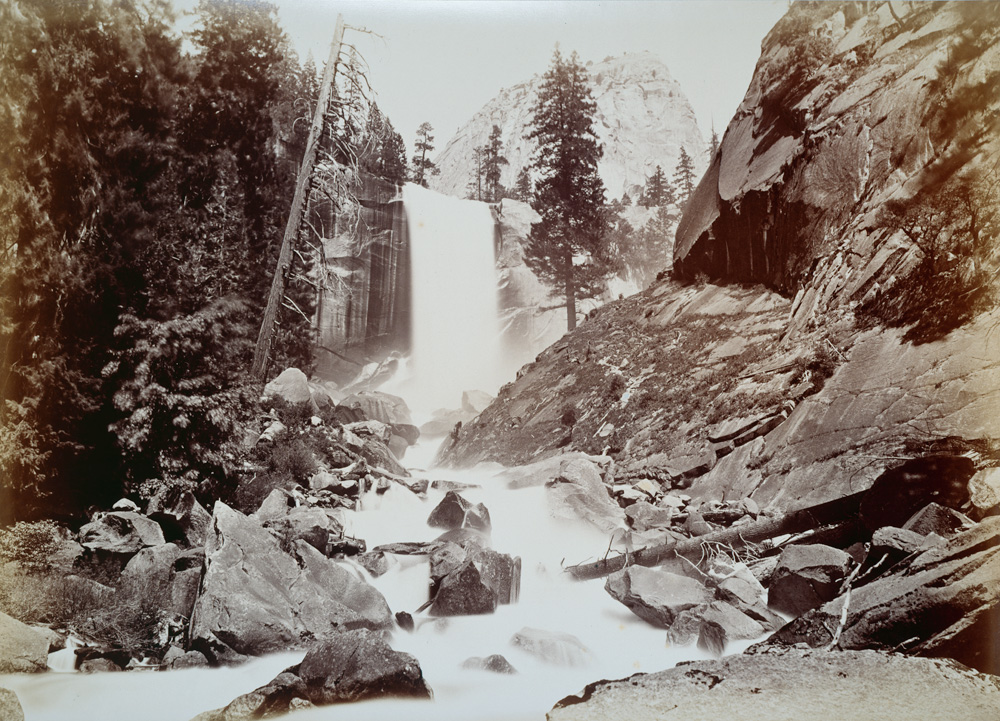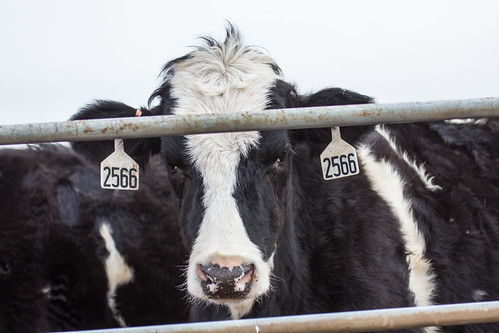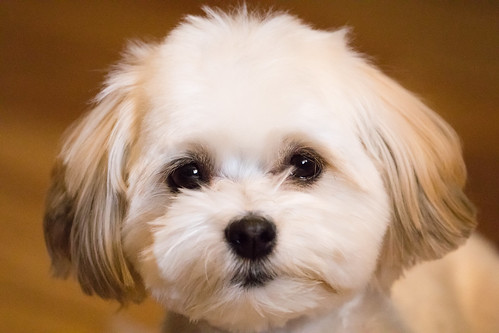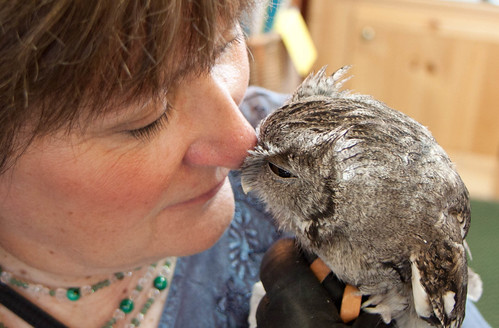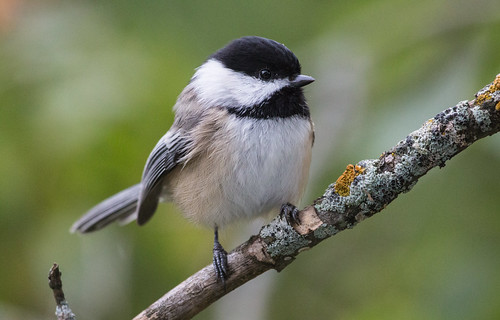What’s in a name? That which we call a rose by any other
name would smell as sweet—at least until someone trademarked the word and
outsourced production to maximize return on investment.
I’ve been thinking a lot about branding and trademarks since
March 1, when the National Park Service changed the names of several historic designations within Yosemite National Park to avoid a trademark infringement
claim. Delaware North, the corporation that had been the park’s concessionaire since
1993, now claims to own intellectual property rights to the names of the Ahwahnee
Hotel, Curry Village, Wawona Hotel, Yosemite Lodge at the Falls, Badger Pass
Ski Area, and several other beloved and iconic features of the park, all of
which were named long before Delaware North was even in the picture.
I visited Yosemite for the first time in 2013, and like
anyone who hikes in our treasured national parks, I felt a pride of ownership
in this magnificent place that belongs to you and me—to everyone and so,
essentially, to no one. I found the news about Yosemite’s trademark woes
depressing evidence of the continuing corporatization of modern life.
That corporatization isn’t restricted to America, either. Last
week, as we approached the 400th anniversary of William
Shakespeare’s death, I knew there would be lots of media coverage about him.
But I didn't expect that the very first story I'd hear, on American Public Media’s Marketplace, would be a report about how much money
the Shakespeare “brand” is worth today, specifically to people in
Stratford-upon-Avon, in England.
There’s absolutely no evidence that Shakespeare disapproved
of capitalism, and I suspect he’d be proud of how his legacy endures. But
something deep in my soul resists referring to either Shakespeare the man or
his body of work as a “brand.” His plays and sonnets make him the best-selling
author of all time, at least in English—over 2 billion copies of his works have
been sold worldwide. He took many of his plots from existing stories, but added
nuance and depth to his characters and imbued the dialog with a richness of
language that made his versions of those stories the ones that endure.
People have been profiting off Shakespeare's work since two of
his friends published the First Folio after his death. I myself have two Shakespeare
posters, a bronze statue, lots of souvenirs from the Folger Shakespeare Library
in Washington, D.C., two volumes of his complete works, most of the paperback
copies of his plays that I read in college, several biographies and books
of criticism, and a Shakespeare action figure. But when it comes right down to it, the play’s the thing—neither
Shakespeare nor his creations that made his name so revered are manufactured products. Shakespeare is not a
brand.
The word brand originally
referred to the process of literally searing proof of ownership into a living
animal’s flesh. Now we establish and defend property rights over our animals
with the higher tech but equally invasive process of embedding a microchip into
their flesh or a tag into their ear.
My dog Pip and I may think of ourselves as family, but legally she
is property, and I have the microchip registration that proves my ownership.
I
have a license to keep an education owl, Archimedes, but he is not property,
and I am not allowed to refer to him as a pet. My license to possess him is
limited, and the U.S. Fish and Wildlife Service has the legal authority to
confiscate him at any time for any reason.
It’s not that the federal government holds with any belief
that wild birds have an intrinsic quality that transcends possession,
ownership, trademarks, or branding. It’s just that the federal government
itself claims ownership of America’s wildlife. Governmental agencies can grant
permits to individuals to permanently mark wildlife, including embedding
microchips in their flesh, for research purposes, but again, the bird banders and
other wildlife researchers doing this don’t “own” those animals—the same federal
government that does not own the trademark on Yosemite National
Park’s named features does own every animal within the park and beyond.
Specific images of wild animals can be trademarked: Coca
Cola uses both accurate and stylized depictions of their trademark polar bears in
their ads, and the Minnesota State Lottery uses images and sounds of real wild
loons on their commercials and official logo, but neither they nor anyone else can trademark or claim ownership over an actual species. People often say
chickadees are my “trademark” bird or my “brand.” They mean well, but I find myself growing
increasingly impatient with the whole concept of trademarks and brands, except
on manufactured products belonging to corporations. Just because I love chickadees
and many people associate them with me, or just because I refer to the
chickadees living in my neighborhood as mine,
doesn’t mean they belong to me or anybody else. No one can possibly own loons
or chickadees, Yosemite National Park, or William Shakespeare. The best things in life are free, in both senses of the word.

